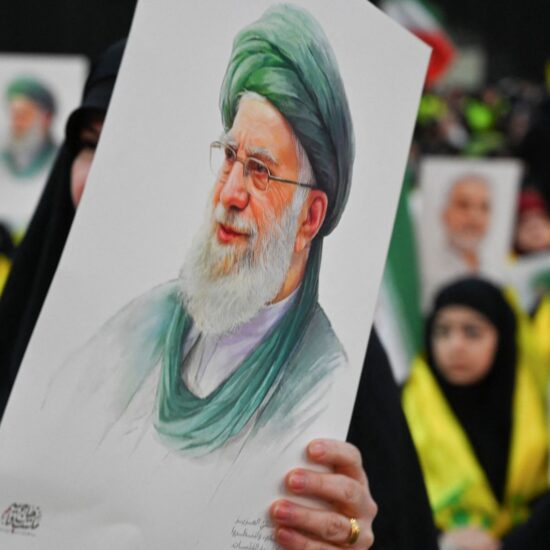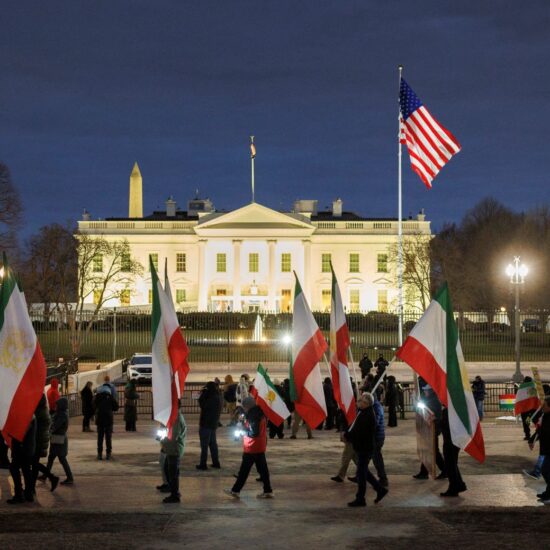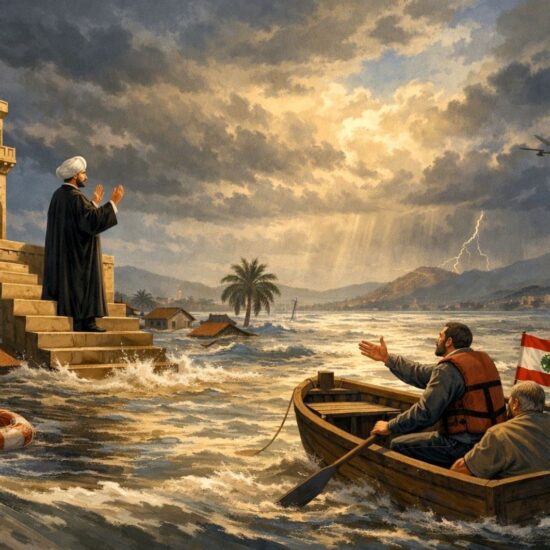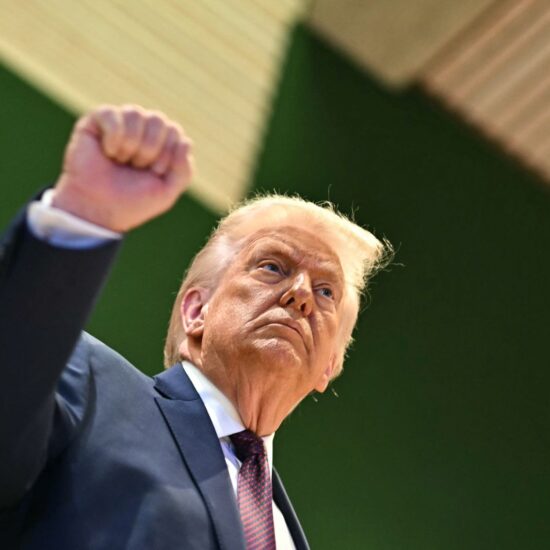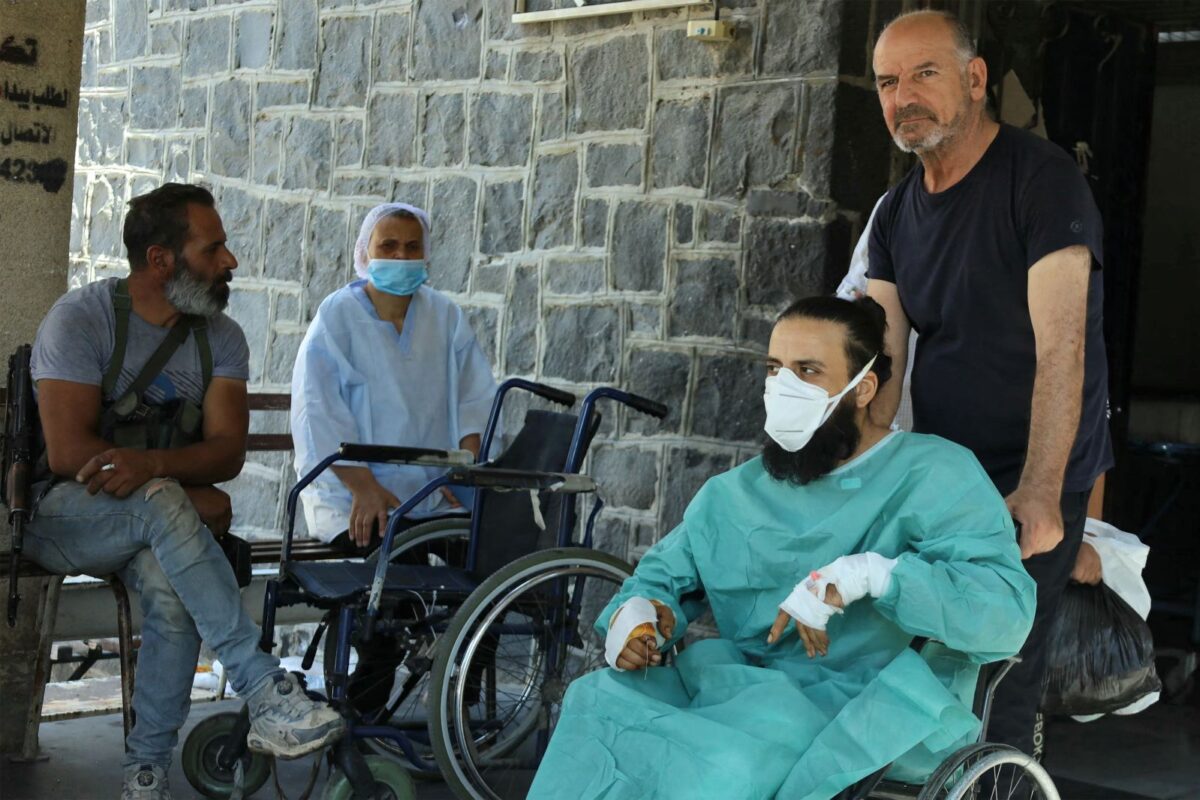
“You cannot kill a people, then ask why they don’t trust you”
What happened in Sweida was not a skirmish, a misunderstanding, or a fringe tribal clash. It was a state-enabled campaign of terror against a minority. And the silence surrounding it—both regional and global—is deafening.
Over the past week, the Syrian government and allied tribal forces carried out what can only be described as an atrocity against the Druze of Sweida. Entire neighborhoods were emptied. Homes were raided. Men were thrown off balconies. Women were taken hostage, some reportedly raped. These are not rumors. These are the testimonies of survivors, many of whom fled with nothing but the clothes on their backs.
And yet, the regime’s defenders offer a simple justification: Hikmat al-Hijri is an outlaw. He challenged the state. He refused dialogue.
But even if that were true, does dissent justify ethnic cleansing? Does challenging authority warrant the indiscriminate killing of civilians based on their sect? The state does not get to claim the monopoly on violence and then use it to erase communities. That is not sovereignty. That is sectarian revenge.
A Minority that Stood Together
What the regime failed to understand is that the Druze, like many minorities, are connected by more than politics. Sweida stood together not because every Druze agrees with al-Hijri, but because when the tanks rolled in, they didn’t come to negotiate, they came to punish. And when the bullets flew, they weren’t aimed at rebels. They were aimed at families, homes, and the very idea of communal dignity.
The claim that official forces were targeting rogue militias falls apart the moment we look at how those forces behaved. Instead of restoring order, they acted like an occupying army, burning homes, desecrating shrines, and committing acts of humiliation. It revealed a darker truth: beneath the surface of state rhetoric lies a long history of unresolved tension between Sunni tribal groups and the Druze community. This was not a security operation. It was a settling of old scores.
A Broken Social Contract
The Druze of Syria never asked for special treatment. What they asked for were guarantees, assurances that they wouldn’t be targeted for their faith. That request was not born out of entitlement, but out of historical fear. For decades, they remained loyal to the territorial unity of the state, even during the civil war. But what did the state offer in return? Marginalization. Neglect. And when things collapsed, violence.
Trust cannot be demanded by force. It must be built. And instead of engaging in post-war reconciliation with its minorities, the state chose to redraw flags and emblems while ignoring the foundational crisis of legitimacy it faces. It is not the minority’s job to reach out to the state. It is the state’s job—armed, resourced, and centralized—to offer protection and inclusion. Anything less is failed governance dressed in nationalist propaganda.
Dialogue Cannot Be Imposed
Every war ends in words, i.e., in dialogue. But when those words are forced through gunfire, they stop being dialogue, and instead become submission. You cannot bomb a city, label its leaders criminals, ignore the suffering of its people, and then ask why they refuse to talk. Any calls for dialogue must start with a ceasefire, a withdrawal of forces, and real guarantees of safety. Anything less is either naïve or complicit.
Some Lebanese Druze leaders have tried to shift the blame onto their counterparts in Sweida, accusing them of missing opportunities for dialogue, or worse, of colluding with Israel to pursue an autonomous Druze entity. That framing is both morally hollow and strategically reckless. Even if some Druze in Sweida did seek autonomy, it was not driven by disloyalty, but by a desperate instinct for survival in a region engulfed by rising religious fundamentalism. When a community fears extinction, the pursuit of self-preservation should not be condemned, it should be understood. In moments like these, unity must take precedence over political judgment. Instead of lecturing the Druze of Syria, Lebanese Druze leaders should have mobilized their ties with Arab and Western powers to help end the massacre, not distance themselves from their people in their hour of need.
The Regional Failure
It is tragic, though not surprising, that most Arab states and Western powers failed to take a clear stance. Their silence, their moral balancing, their obsession with geopolitical calculus, all contributed to the normalization of atrocity. Once again, minorities are expendable.
As for those advocating for a Druze state in Syria, I understand the temptation. When you’re betrayed by the state that claims to protect you, the idea of self-rule becomes seductive. But I urge caution, not because I believe in Arab unity, but because I know what such a move could unleash. A Druze state in Syria would almost certainly provoke retaliation against Druze in Lebanon. It would fracture fragile Sunni–Druze coexistence and open the door to another war we are not prepared to fight.
We must find a way to protect the Druze in Syria without importing the fire to Lebanon. That requires strength, yes, but also restraint. Wisdom, not bravado. And most importantly, dialogue that is real, not rhetorical.
Injustice anywhere is a threat to identity everywhere. Sweida was a mirror, showing us not only the cruelty of regimes but the cowardice of those who stay silent. If we want a future for our people, we must name what happened. We must defend those under siege. And we must stop treating survival as sedition.
Ramzi Abou Ismail is a Political Psychologist and Senior Research Fellow at the Institute for Social Justice and Conflict Resolution at the Lebanese American University.
The views in this story reflect those of the author alone and do not necessarily reflect the beliefs of NOW



